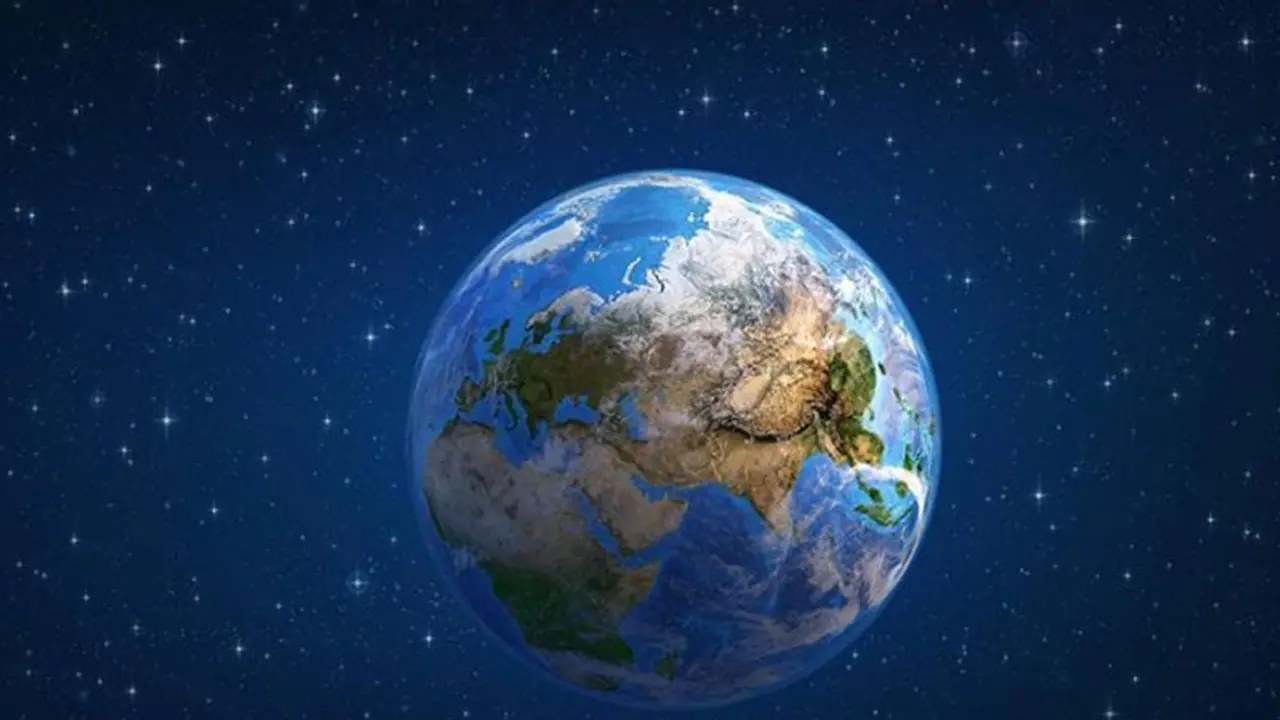The shortest month on record for the planet since the 1960s occurred in 2020. The shortest day ever was recorded on July 19 of that year. It was shorter than a usual 24-hour day by 1.47 milliseconds.
On July 29, the Earth beat its previous record for the shortest day as it spun around in 1.59 milliseconds less time than it normally does in a 24-hour period. The Independent claims that the globe has recently started speeding up. The shortest month on record for the planet since the 1960s occurred in 2020. The shortest day ever was recorded on July 19 of that year. It was shorter than a usual 24-hour day by 1.47 milliseconds.

The globe continued to spin faster overall the next year, but it didn't set any new records. However, Interesting Engineering (IE) asserts that a 50-year era of shorter days may already be beginning.
It is still unclear what is causing the Earth's rotation to vary in speed. However, experts hypothesise that this may be caused by processes in the core's inner or outer layers, seas, tides, or even shifts in the climate. Some scientists have hypothesised that the Chandler wobble, a little departure in the Earth's axis of rotation, may be responsible for the accelerated rate of rotation and the shorter days.
Also Read | Chinese Space rocket debris crashes back to earth over Indian Ocean; video goes viral
Scientists Leonid Zotov, Christian Bizouard, and Nikolay Sidorenkov said, "This is akin to the quiver one perceives when a spinning top starts gaining velocity or slows down."
The Earth's quicker rotation has repercussions since it may result in the introduction of the negative leap second to maintain the Earth's orbital speed around the Sun in accordance with atomic clock observations. IT systems will also be impacted by the negative leap second. Because a clock typically runs from 23:59:59 to 23:59:60 before restarting at 00:00:00.
According to the Independent, the introduction of negative leap seconds could be necessary if the Earth's rotational speed keeps rising in order to maintain the accuracy of atomic clock measurements. The negative leap second would, however, have potentially perplexing effects for communications, computing, and smartphone systems. According to the publication, who cited a Meta blog, the jump second "primarily benefits scientists and astronomers" but is a "risky technique that does more harm than good."
Also Read | Russia to stay with the International Space Station till 2028
